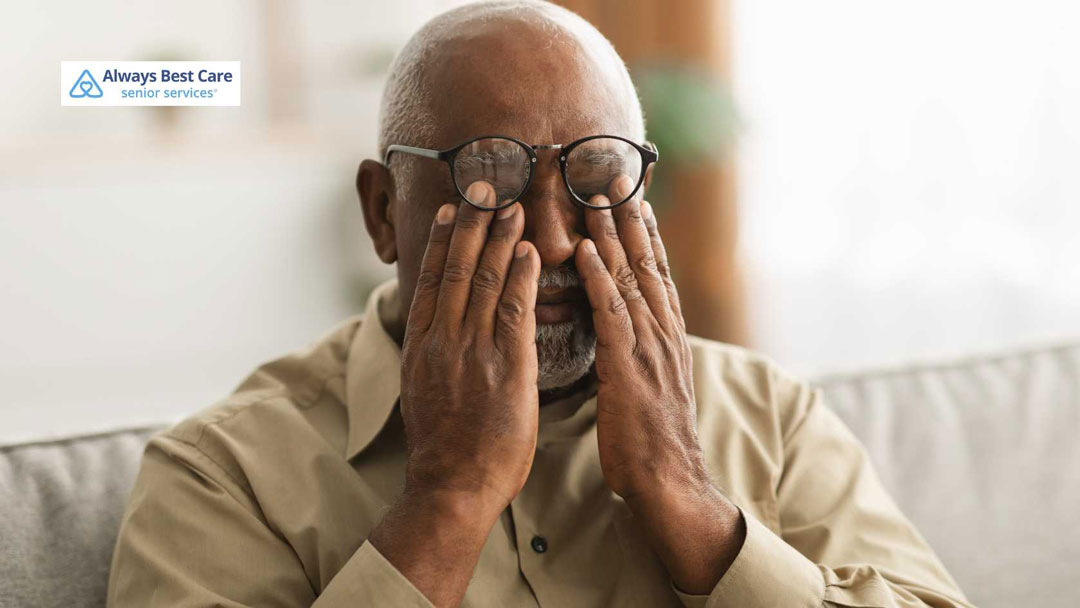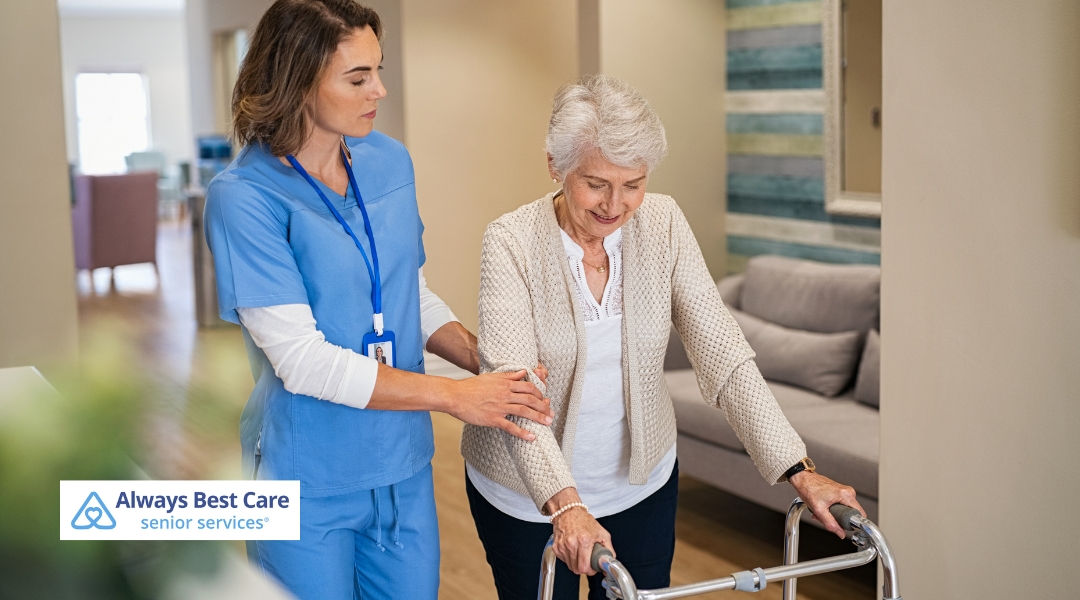Glaucoma and You: How to Enhance Your Quality of Life

Living with glaucoma doesn’t mean giving up on the activities you love or the independence you cherish.
With the right care and proactive strategies, it’s possible to maintain a high quality of life while managing this condition.
From medical treatments to lifestyle adjustments, there are plenty of ways to support your eye health and overall well-being.
Table of Contents
Understanding Glaucoma: Causes and Symptoms
Glaucoma is a condition where increased pressure in the eye, known as intraocular pressure, damages the optic nerve. This damage can lead to gradual vision loss and, if untreated, potentially blindness. Several factors increase the risk of developing glaucoma:
- Age and Genetics: People over 60 and those with a family history of glaucoma are at higher risk.
- Health Conditions: Certain medical conditions, such as diabetes, hypertension, and heart disease, can contribute to the development of glaucoma.
- Eye Anatomy: Structural issues like thin corneas or optic nerve sensitivity can elevate risk.
Often referred to as the “silent thief of sight,” glaucoma’s early symptoms can be subtle and easy to miss. Common signs include:
- Peripheral Vision Loss: A gradual reduction in side vision, often unnoticed until significant damage has occurred.
- Halos Around Lights: Seeing glowing or rainbow-like halos, especially in low-light conditions.
- Eye Discomfort or Redness: Mild pain, redness, or pressure in the eyes, which might indicate increased eye pressure.
- Blurred Vision: Episodes of unclear or fluctuating vision.
Regular eye exams are the most effective way to detect glaucoma early, often before symptoms are noticeable. Comprehensive exams include intraocular pressure measurements and optic nerve assessments to identify changes that may indicate glaucoma.
Managing Glaucoma With Medical Care
Staying on top of medical care is crucial for managing glaucoma.
Treatments like medicated eye drops, laser therapy, or surgery can help reduce eye pressure and prevent further damage.
Consistently following your doctor’s recommendations ensures the best possible outcomes. If you have questions about treatment plans, it’s always a good idea to discuss them with your healthcare provider.
Nutrition and Lifestyle for Eye Health
What you eat plays a significant role in maintaining your vision.
A diet rich in leafy greens, fish high in Omega-3s, and antioxidant-rich foods like berries can support your eye health.
Staying hydrated, limiting caffeine, and avoiding smoking are also beneficial.
Regular, low-impact exercise like walking or yoga can improve circulation, which is good for your eyes and overall well-being.
Promoting Bathroom Safety
For seniors with glaucoma, ensuring bathroom safety is critical for preventing accidents and maintaining independence. Consider these practical strategies:
- Install Grab Bars: To provide extra stability and support, place sturdy grab bars near the toilet and inside the shower or tub.
- Use Non-Slip Mats: To reduce the risk of slipping on wet surfaces, add non-slip mats or adhesive strips to the shower, tub, and bathroom floor areas.
- Improve Lighting: Brighten the bathroom with energy-efficient lighting. Motion-sensor lights can be especially helpful for nighttime use.
- Organize Essentials: Keep toiletries and cleaning supplies neatly organized and within easy reach to avoid unnecessary bending or searching.
- Secure Rugs: If rugs are used, ensure they are anchored with non-slip backing or double-sided tape to prevent shifting.
- Raise Toilet Seats: Consider installing a raised toilet seat with armrests to make sitting and standing easier and safer.
Adjusting Daily Habits to Protect Vision
Simple changes to your daily routine can protect your vision.
Wearing sunglasses with UV protection shields your eyes from harmful rays, while taking breaks from screens can alleviate eye strain. The 20-20-20 rule—looking at something 20 feet away for 20 seconds every 20 minutes—is an easy way to give your eyes a rest.
Keeping your home well-lit and using magnifying tools for reading or detailed tasks can also be helpful.
Adapting to Vision Changes
As vision changes, embracing tools and resources that support daily life is important. Vision aids like magnifiers, large-print materials, and apps with voice commands can simplify tasks.
At home, consider making modifications, such as adding brighter lighting and using contrasting colours to highlight steps or countertops.
Recognizing Signs of Elderly Decline
Glaucoma can sometimes coincide with other signs of aging-related challenges. These signs may include:
- Forgetfulness: Increased difficulty remembering appointments, daily tasks, or familiar routines.
- Mood Changes: Noticeable shifts in demeanour, such as increased irritability, sadness, or withdrawal from social interactions.
- Struggles with Daily Tasks: Trouble managing household responsibilities, such as cooking, cleaning, or personal hygiene.
- Medication Mismanagement: Missing doses, taking incorrect amounts, or displaying confusion about prescriptions.
- Social Isolation: Reduced engagement with family, friends, or community activities, leading to feelings of loneliness.
How Professional Care Can Help
At Always Best Care of Oakville, we understand the unique needs of seniors managing glaucoma.
From assisting with daily routines to ensuring home safety, our compassionate caregivers are here to help.
Whether we offer medication reminders, provide transportation to appointments, or connect you with community resources, we are committed to making life easier and more enjoyable.
Take the Next Step With Always Best Care of Oakville!
Supporting a loved one with glaucoma involves proactive care and thoughtful adjustments. At Always Best Care of Oakville, we’re here to make the journey easier for families. Whether it’s providing personalized care plans, ensuring home safety, or offering compassionate support, our team is dedicated to enhancing quality of life.
Contact Always Best Care of Oakville at (905) 592-4886 to learn more and schedule your free consultation. Let us collaborate to create a tailored care plan that ensures your loved one’s safety, comfort, and active, enriching lifestyle.





